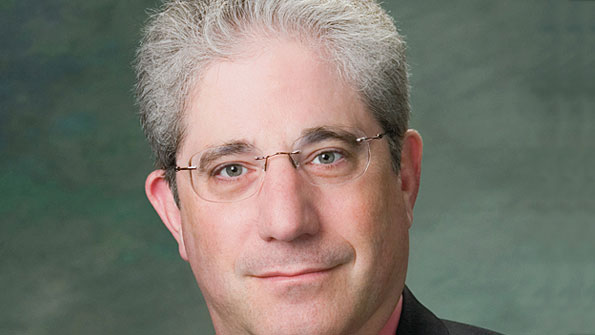Video’s role in Boston saga begs policy issues
The rapid capture of the Boston bombing suspects, represents a potential game changer in the public safety sector with regard to privacy. Specifically, video cameras placed throughout the area were invaluable for locating and identifying suspects. It was almost like an episode of the CBS-TV series “Person of Interest,” except the “machine” didn’t detect and alert prior to the event’s occurrence.
To date, there has been a hesitancy to deploy more cameras in public areas. Some municipalities have written guidelines for the use of video-surveillance cameras in public places. At the same time, organizations such as the American Civil Liberties Union (ACLU) have expressed concerns about the potential for abuse.
In 2002, the ACLU wrote that video surveillance has not been proven effective. Further, the ACLU expressed a concern over the abuse of these systems. Now, in this one very public, very high-profile situation, cameras were the definitive clue to the crime.
How does this change the use of public cameras, going forward? We know that there are already hundreds of cameras at any airport. In London, video cameras are permitted in school restrooms and locker rooms. Will the Boston experience result in a significant expansion of camera use in the U.S., perhaps even to public restrooms?
This policy decision has significant ramifications for FirstNet. Certainly, it had been anticipated that the public-safety broadband system would include video cameras. Numerous municipalities have considered putting such cameras — even in fixed areas — onto the wireless system to save significant costs and, it has been argued, to help the economics of FirstNet.
What FirstNet brings to the table is the potential to view images from these cameras anywhere in the system, from one end of the country to the other (because the system is all tied together). But this further complicates the privacy factor, and creates the risk of differing privacy policies in different areas, resulting in potential problems. Therefore, there are several issues to be considered by the FirstNet adopters, including perhaps reaching a consensus on privacy that is consistent with the various laws that exist across the country.
Another issue to be addressed is the priority of cameras, not solely with regard to other services, but also with regard to other camera users. There’s not enough spectrum, or enough persons monitoring, for all of these cameras to be on the system at all times. Will certain geographic areas receive greater camera polling?















